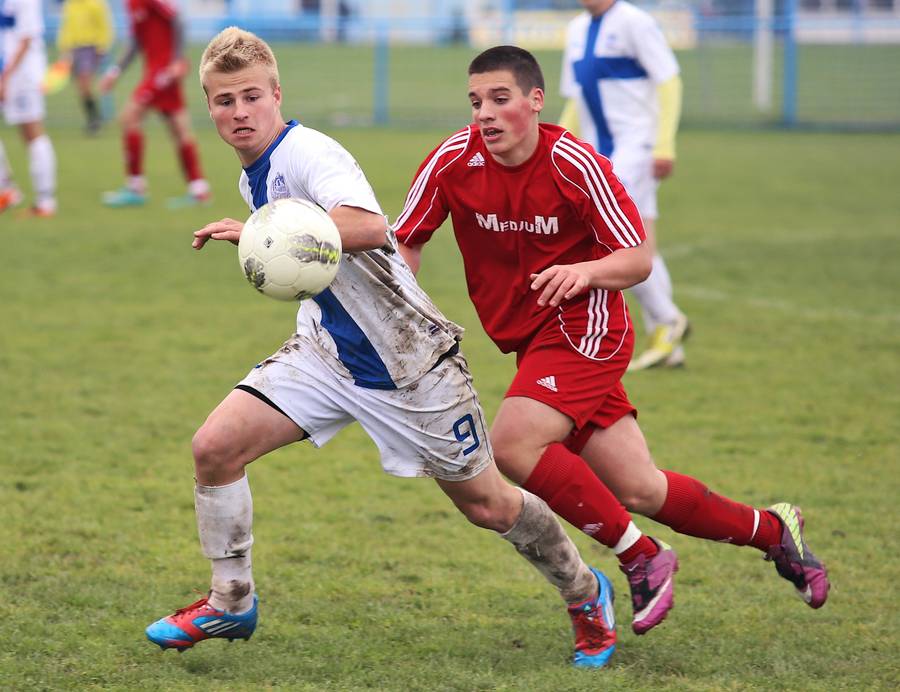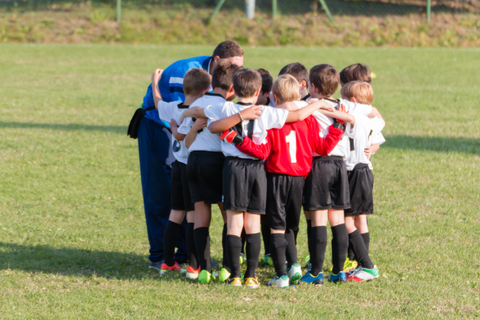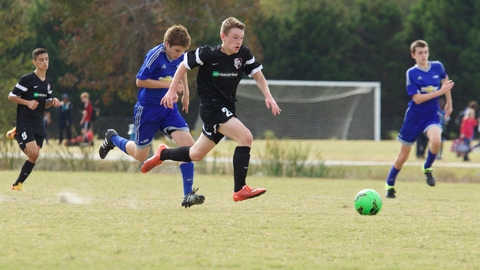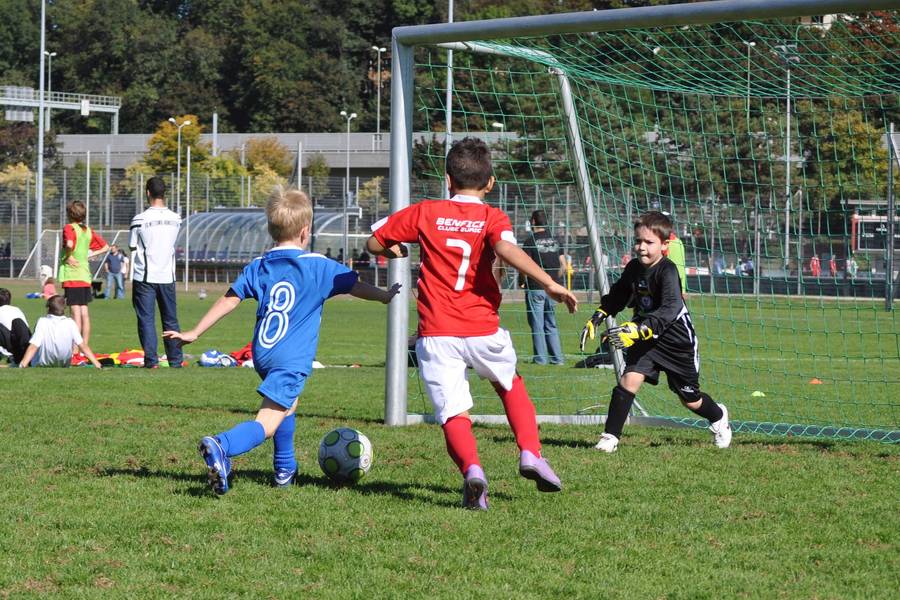
This is always a difficult time of year for grassroots footballers of all ages. Many face decisions about whether to stay with their current team or consider a new challenge by moving up or down to a different team. For some, that decision will be taken out of their hands by the coach giving them the news that they’re ‘not good enough’ and need to find a new team.
I have to say that I’ve never done this at Junior level. For me, junior grassroots football is all about developing players and not winning at all costs. It has weakened squads I’ve had as I’ve had to tell players who want to join that we have no room, even though they may be better players than some of those in the squad. It’s also cost me players who feel they want to win more and should play for teams who prioritise this.

Ultimately though, I think investing time and patience in players has strengthened some of the squads I’ve had, as some of those who it would have been easy to let go from the team have developed into really strong players.
Many parents find themselves seeking advice on their children’s prospects with a team. This time of year can be particularly stressful, as players trial for their new teams or anxiously await squad decisions. Coaches who delay their decisions can heighten this anxiety. No child wants to be dropped from a team, but the reality of junior football is that difficult decisions about squad sizes and make ups are made and some find themselves looking for a new start. Sadly, for some, this proves to be a jumping off point and they are lost to the sport for ever.
Many clubs promote the ethos that junior football should be fun and inclusive, but the reality often quickly diverges from this ideal. Coaches, driven by a desire to win and personal ego, often focus on attracting and selecting the best players leaving others feeling sidelined and inadequate. This selection process, based on the coach’s subjective judgment can be particularly harsh. Children who are left out, deemed not talented or strong enough, face a real disappointment.
Being told you’re not good enough for a team is a significant emotional setback for young players, who almost always often interpret this as a personal failure rather than a subjective decision by one coach. It’s crucial to remember that such decisions are not factual assessments of a player’s worth or ability, but one individual’s opinion. Proper evaluation of players should involve much more than a single game or training session. Observing players in competitive matches and / or over a period of time provides a better assessment of their abilities and potential contributions to the team. Even then, players can experience fluctuations in performance, requiring consistent coaching to maintain their best form.
I’m sure there isn’t a coach out there who enjoys letting players go although often the problem is compounded by a lack of sensitivity and proper communication.
The manner in which a coach communicates the decision to let a player go is critical. I’ve heard horror stories of very impersonal texts and group announcements.
The importance of handling these situations with sensitivity can’t be overemphasised, as adolescents are particularly vulnerable to issues of self-esteem and peer acceptance. Coaches need to understand the significant impact their decisions will have on a young player’s emotional well-being.
They owe it to their players to handle the process with courtesy and respect, providing honest feedback and guidance for improvement. Potentially signposting a player to an alternative team of supporting them with their next step is also welcome. This approach not only helps the players cope with their disappointment but also maintains the coach’s integrity and the respect of the team, underscoring the coach’s role as a mentor and educator, beyond merely selecting the best players for immediate success.
Whilst there are some coaches out there who may lack the sensitivity or experience to handle player departures appropriately, those committed to positive youth development must strive to do better. A coach’s legacy is often defined more by how they handle such difficult moments than by their successes.
Reflecting on past mistakes in handling players, it’s important for coaches to continually strive for improvement. Questions to consider when evaluating a player should obviously include technical proficiency, attitude, respect, willingness to learn, versatility, and commitment. A comprehensive evaluation over time, rather than snap judgments is fairer and important. It’s important to remember that young athletes develop at different rates, and a player not ready this year might excel next year.
If coaches find it necessary to release a player, providing specific feedback and suggestions for improvement can be beneficial. Always encourage them to continue pursuing their passion and improving their skills, reinforcing the idea that setbacks are simply part of the journey to success. Some failure is a natural part of development and learning to handle it constructively is a vital life skill.
Parents also play a crucial role in supporting their children through the disappointment of being released. Listening empathetically, gathering accurate information, and maintaining a positive focus can help children process their emotions and learn from the experience. Sharing personal stories of setbacks and resilience can also provide valuable perspective and encouragement. A focus on quickly moving on can also help.
Ultimately, the goal is to ensure that releasing players is done with sensitivity and respect. Coaches should strive to communicate their decisions personally, providing constructive feedback and encouraging continued effort and improvement. Children should leave with their dignity intact and the motivation to keep playing, enjoy the game and strive to improve.
A coach's commitment to these principles can make a significant difference in a young athlete's development. By showing empathy and understanding, coaches can mitigate the emotional impact of being released and encourage players to continue striving towards their goals. It's essential to remember that every child deserves the chance to improve and succeed, and a coach's support and guidance can be instrumental in helping them achieve this.

















